Acting in the best interests of the child or young person should be the guiding principle in decision making when assessing and /or vaccinating a child between the ages of 12-15 for the Covid vaccine. Having been a school immunisation nurse for 7 years, I know how challenging it can be to not only vaccinate this age group but also how hard it can be to gain consent from both parents and/or the child. In this blog I will be discussing the topic of ‘Gillick Competence’ and explaining what this is and what declares a child as ‘Gillick competent’.
The origins of Gillick competence comes from a well-known legal case. In 1982 Victoria Gillick took her local health authority and the Department of Health and Social Security to court in an attempt to stop doctors from giving contraceptive advice or treatment to under 16-year-olds without parental consent. The case went to the High Court in 1984 where Mr Justice Woolf dismissed Mrs Gillick’s claims. The Court of Appeal reversed this decision, but in 1985 it went to the House of Lords and the Law Lords (Lord Scarman, Lord Fraser and Lord Bridge) ruled in favour of the original judgment delivered by Mr Justice Woolf:
“…whether or not a child is capable of giving the necessary consent will depend on the child’s maturity and understanding and the nature of the consent required. The child must be capable of making a reasonable assessment of the advantages and disadvantages of the treatment proposed, so the consent, if given, can be properly and fairly described as true consent” (Gillick v West Norfolk, 1984). (1)
Obviously parental consent will always be the consent of choice but sometimes you have the scenario where the child wants the vaccination but their parent hasn’t returned a consent form, or the parent may have refused the vaccination. In this situation where the child is adamant they want the immunisation, from my experience I would always call the parent and discuss all aspects of the vaccination so they can then make an informed choice and are included in the decision-making process. If, after this discussion, the parent still refuses but the child is very keen, this is then when you can assess that child for Gillick competence.
With regards to assessing a child as Gillick competent, it’s less about their age but more about their level of maturity and understanding. The General Medical Council confirms that:
“It is important that you assess maturity and understanding on an individual basis and with regard to the complexity and importance of the decision to be made. You should remember that a young person who has the capacity to consent to straightforward, relatively risk-free treatment may not necessarily have the capacity to consent to complex treatment involving high risk or serious consequences” (2)
There is no set of defined questions to assess Gillick competency. Professionals need to consider several things when assessing a child’s capacity to consent including:
- The child’s age, maturity and mental capacity
- Their understanding of the issue and what it involves – including advantages, disadvantages and potential long-term impact
- Their understanding of the risks, implications and consequences that may arise from their decision
- How well they understand any advice or information they have been given
- Their understanding of any alternative options, if available
- The ability to explain a rationale around their reasoning and decision making. (3)
Remember that consent is not valid if a young person is being pressured or influenced by someone else. Children’s capacity to consent may be affected by different factors, for example stress, mental health conditions etc so this all needs to be taken into consideration in the assessment and decision making process. It’s important to remember that if you don’t think a child is Gillick competent or there are inconsistencies in their understanding, you should seek consent from their parents or carers before proceeding or delay the vaccine until they are older and have the capacity and understanding.
To conclude, Gillick competence can be a useful tool during an immunisation session when a child is keen to have their vaccination which obviously we want to applaud and encourage. However, it’s very important to try and involve the parent in the decision-making process and if this isn’t possible, ensure the child fits the large criteria to be deemed as completely Gillick competent and to not vaccinate if you think they lack the maturity and understanding to make those important decisions about their health.
Written by Laura Oakley Clinical Development Manager at ECG 20/09/21
References
1) Gillick competence and Fraser guidelines | NSPCC Learning
2) Making decisions – GMC (gmc-uk.org) 3) Gillick Competence and Fraser Guidelines – Guide and Resources – Safeguarding Hub












